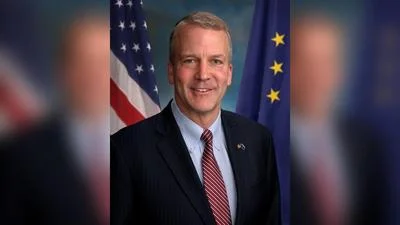U.S. Senator Lisa Murkowski | Lisa Murkowski Official website
U.S. Senator Lisa Murkowski | Lisa Murkowski Official website
U.S. Senators from both parties have appealed to the Trump Administration to reconsider the reported eliminations of staff managing the Low-Income Home Energy Assistance Program (LIHEAP) at the U.S. Department of Health and Human Services (HHS). This move has sparked concern among lawmakers who fear the cuts will adversely affect the program that assists millions with heating and cooling costs.
The reduction involves approximately 10,000 employees, affecting the team overseeing the $4.1 billion LIHEAP program. This program helps millions of American households manage their energy expenses. A bipartisan collective of 13 Senators highlighted these concerns in a letter to HHS Secretary Robert Kennedy, Jr.
"We are concerned that the reported staff terminations will undermine the HHS’s ability to deliver this critical funding to low-income seniors and families," the letter stated. It further expressed worry that community agencies aiding in enrollment might suffer due to actions and cuts by HHS and the Department of Government Efficiency.
The Senators emphasized LIHEAP’s importance as it has supported over six million households annually in paying energy bills for more than four decades. The program is seen as vital for preventing difficult choices between energy bills and other necessities such as food and medicine.
Any delay in delivering nearly $400 million in FY25 funding was also identified as potentially disruptive, which could affect summer cooling grants, home weatherization, and preparation for the coming winter.
The letter signers include Senators Lisa Murkowski (R-AK), Jack Reed (D-RI), Susan Collins (R-ME), and others. They stressed that affordable home energy is crucial for health and safety, urging the reversal of any cuts that could impact fund distribution.
The discussion surrounding LIHEAP is particularly pertinent as funds have started being allocated with 90 percent already dispatched to state partners. The future distribution of the remaining funds, $400 million, remains uncertain.






 Alerts Sign-up
Alerts Sign-up